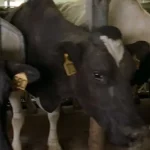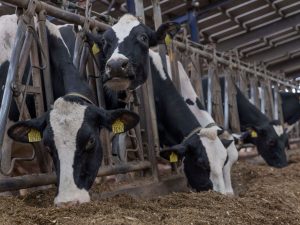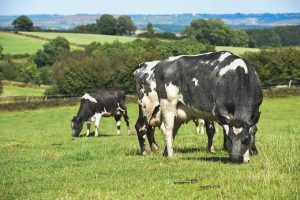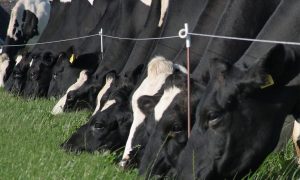
A much-anticipated slow-release version of the ‘miracle’ methane-reducing feed addictive Bovaer tailored for pasture-based herds is around two years away from reality.
Bovaer, which is the brand name for the active ingredient NOP-3, takes effect within 30 minutes.
Across more than 54 peer-reviewed studies completed so far, it has achieved consistent reductions in methane emissions of 30% have been achieved in dairy cows and 45% in beef cattle.
The active ingredient works by suppressing methanogenic enzymes released by archaea in the rumen.
However, the current version of the feed additive is effective for just three hours after ingestion, meaning that the full reduction is only achieved in confined systems, where cattle are housed year-round
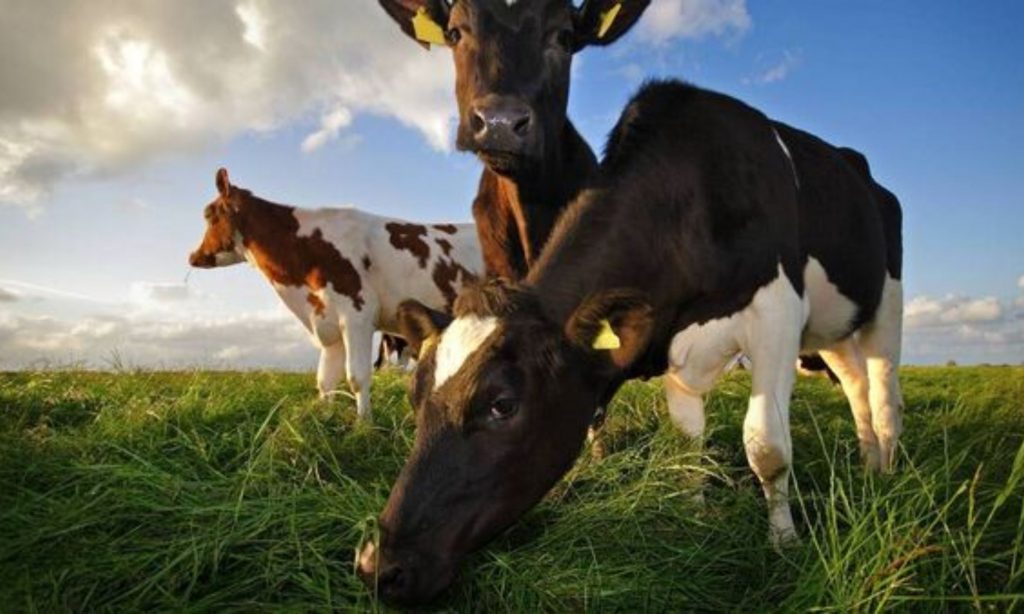
The difficulty comes with extensive grazing systems, as is common in Ireland, as cows are typically only given supplementary feed when they come through the milking parlour.
John Flynn, Irish business development manager for DSM, told the Irish Examiner that the four studies carried out in Ireland had helped researchers develop a longer-lasting coating to slow the release of the active ingredient.
However, Dennis Rijnders, DSM Animal Nutrition and Health, said it would likely take around two years before this would be available commercially locally.
Bovaer has been tested in 65 on-farm trials in conjunction with research institutes and has completed an extensive approval process with the EU.
DSM is currently working with policymakers to try and get it included under the supported emissions target measures in each country.
“I think we are moving to a system, where in the end, the market will have to reward farmers for environmental work,” Mr Rijnders said.
“It’s clear that if we want them to take certain measures, we also need to reward them for it.
“It’s the most prudent solution to immediately and significantly reduce methane emissions from livestock.”
The additive is currently fed to around 30,000 dairy cows in Europe and a further 50,000 in Brazil and Australia.
The product is already approved for use in Ireland, with approval in the UK expected to follow in the second quarter of 2023.
